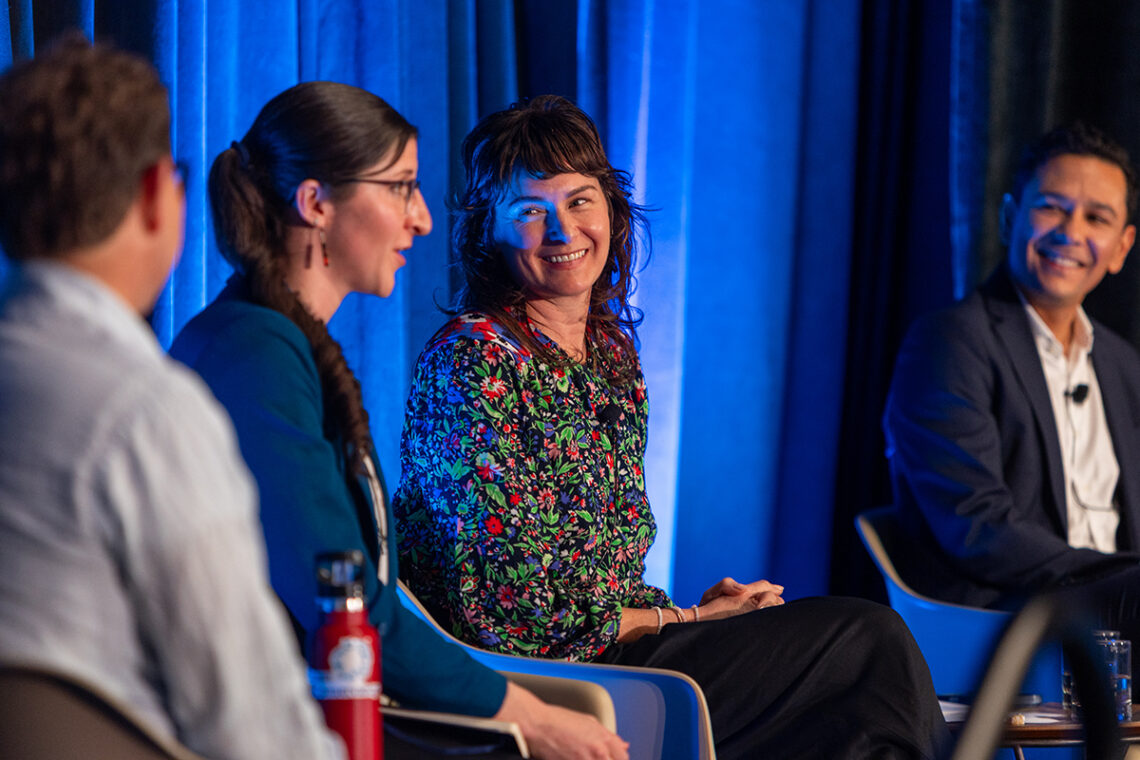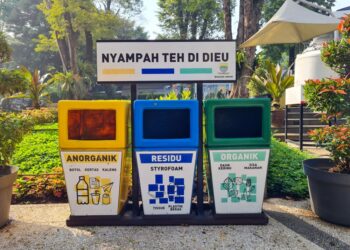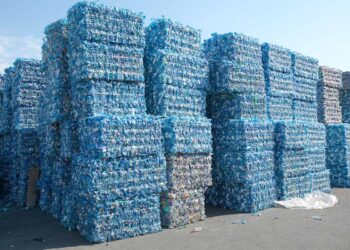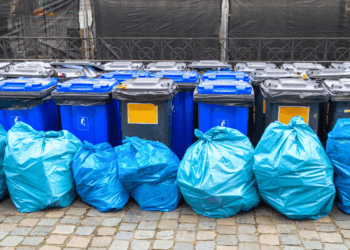Plastics Recycling Update
Fireside Chat at PRC features CAA chief
The CEOs of the Association of Plastic Recyclers and Circular Action Alliance held a candid, spirited discussion at the 2026...
Nova launches recycled PE grades from Indiana plant
The Canadian producer is hopeful to gain adoption, despite the challenges common to recycling plastic film.
PureCycle sees easing headwinds to R-PP adoption
CEO Dustin Olson thinks the worst years of "high headwinds" are mostly behind the industry and that demand from legislation...
California selects Landbell USA as PRO for textile EPR
CalRecycle has tapped European recycling veteran Landbell USA to lead the nation's first textile EPR program.
K-Cup recycling comes to Ontario Blue Boxes
Keurig Dr Pepper Canada and recyclers across the country worked together for nearly a decade on redesign, material conversion and...
Borealis, Borouge aim to bolster PE, PP recycling in Indonesia
Plastics recycling in the Southeast Asian nation focuses on PET and on industrial and commercial waste, while post‑consumer polyolefin packaging...
Women in Circularity: Casey Plasker
In this series, we spotlight women moving us toward a circular economy. Today, we meet Casey Plasker of Circularly.
Trex CEO to retire after 23-year run
The company named COO Adam Zambanini to succeed retiring Bryan Fairbanks.
Evergreen closing RPET plants in Ohio, New York
The Ohio-based company attributed the closure to the unexpected actions of a lender even as Evergreen was in talks with...
Arizona, Reynolds reach settlement on Hefty bag lawsuit
Arizona reached a settlement with Reynolds Consumer Products requiring the company to overhaul packaging nationwide.






















